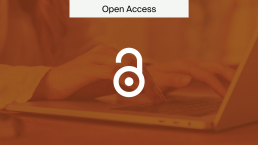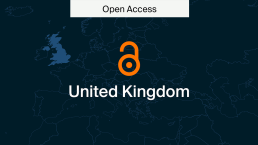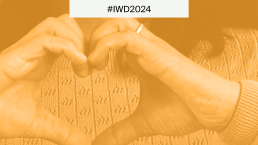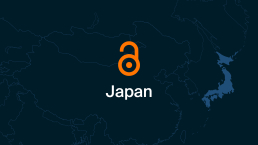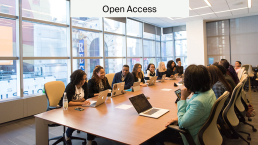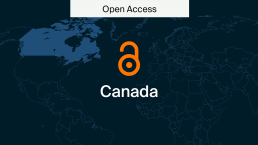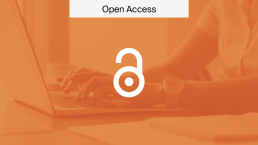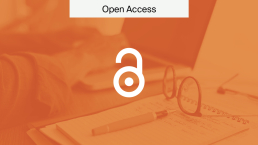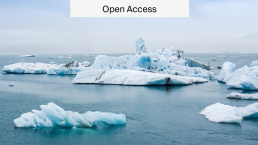
Open Access Week 2015
In case you missed it, the 8th International Open Access week took place last week, 19–25 October 2015.
MDPI was involved and presented at events in universities Zurich, Mainz and Beijing.
We also put together a bumper collection of the very best of our recent articles here, called ‘Research Highlights’.
So what were the main messages we heard? Here’s just a few:
Transparency is important
Open Access has transparency at its heart by making research freely available, but it doesn’t stop there.
The APC pricing system means that authors see exactly how much revenue publishers make from each published paper and they want to know that they are getting value for money. Authors want to know how the APC is calculated and what the money is spent on, and there is still widespread suspicion about potential double-dipping in hybrid journals.
In the publication process, transparency is driving innovative methods of peer review, including open and community-based systems.
Open access is more than just making a PDF free
With a license like CC-BY, open access papers can be reused and remixed provided that theoriginal source is clear. Open data and collaborative research was also a big theme last week, and ties into the topic of transparency mentioned above.
At MDPI we are working on making publication of data easier. One way is through our new journal Data, and we are actively looking at how we can build better links between published papers and data sets.
Open Access and Libraries
Libraries are key to providing information about open access. Contrary to the view that open access puts librarians out of a job, they are at the forefront of helping researchers by providing advice on:
- Compliance with funding agency guidelines
- Suitable journals and publishers
- How to archive published papers
Open Access and Quality
Authors want to know how to write good articles and increase their chances of receiving an accept decision. The quote from one MDPI author that “reviewers are friends not enemies” is pertinent: the review process is a good opportunity to improve your paper and increase its impact on publication.
Readers want to know that the paper in their hands has undergone a robust peer review. Good quality builds reputation and this is key to long-term growth and sustainability of a journal. After all, readers and potential authors are often the same group of people.
In conclusion
We feel that we learned a lot from interaction with libraries and researchers over the past week. We are already looking forward to next year’s international open access week.

